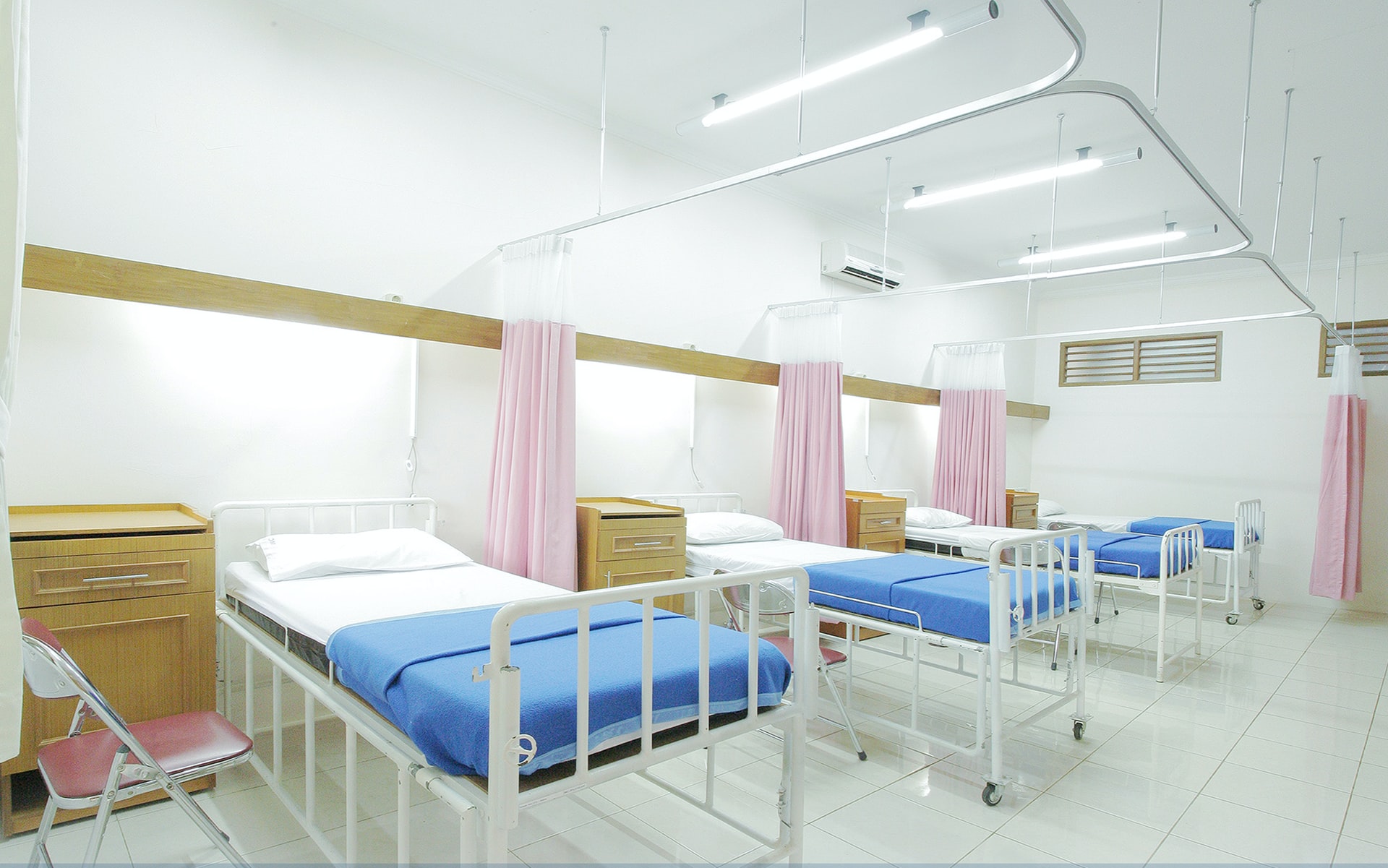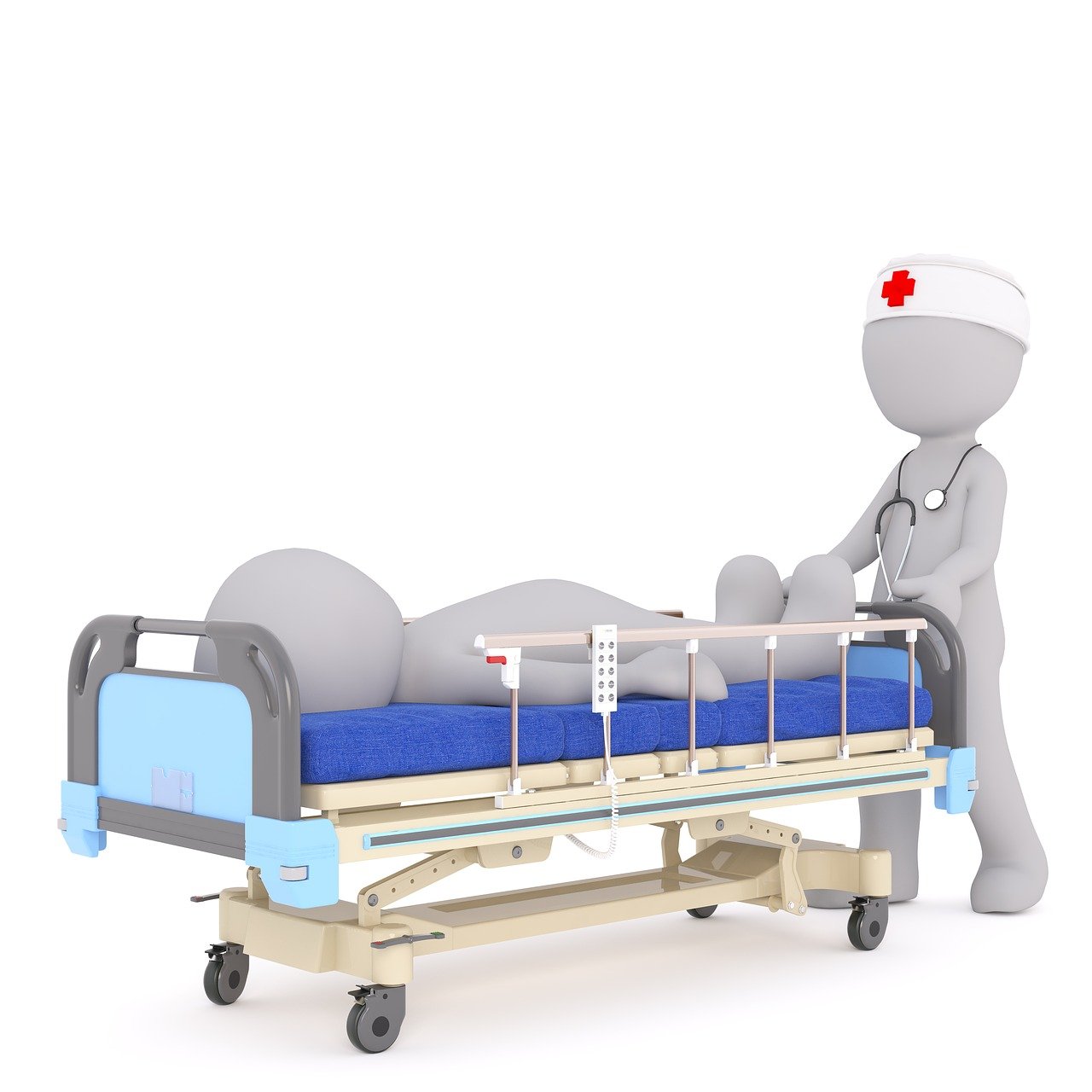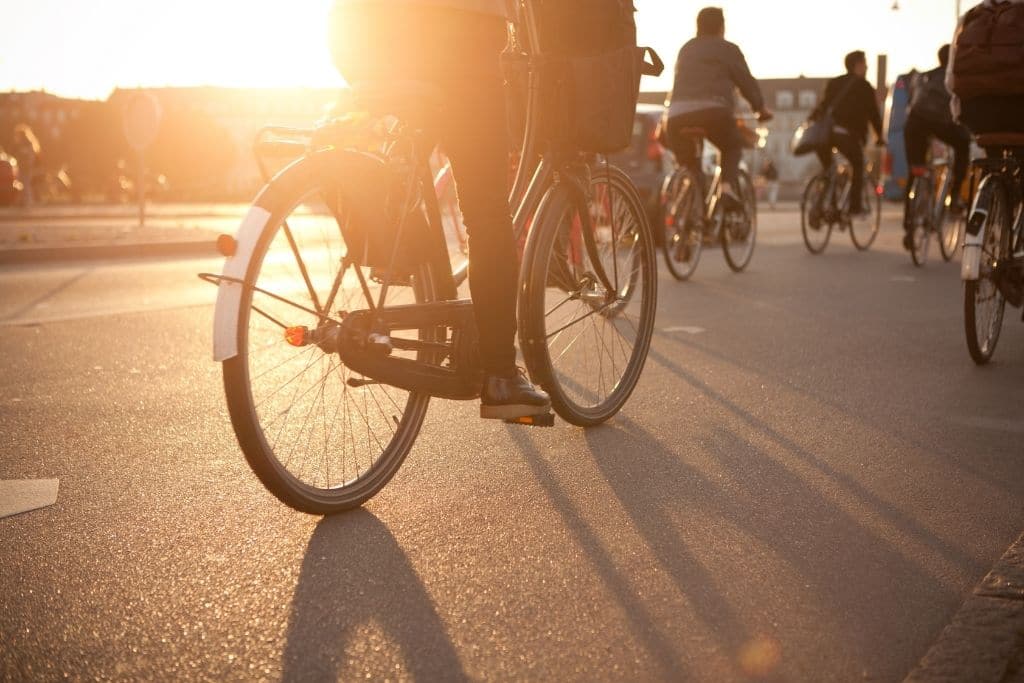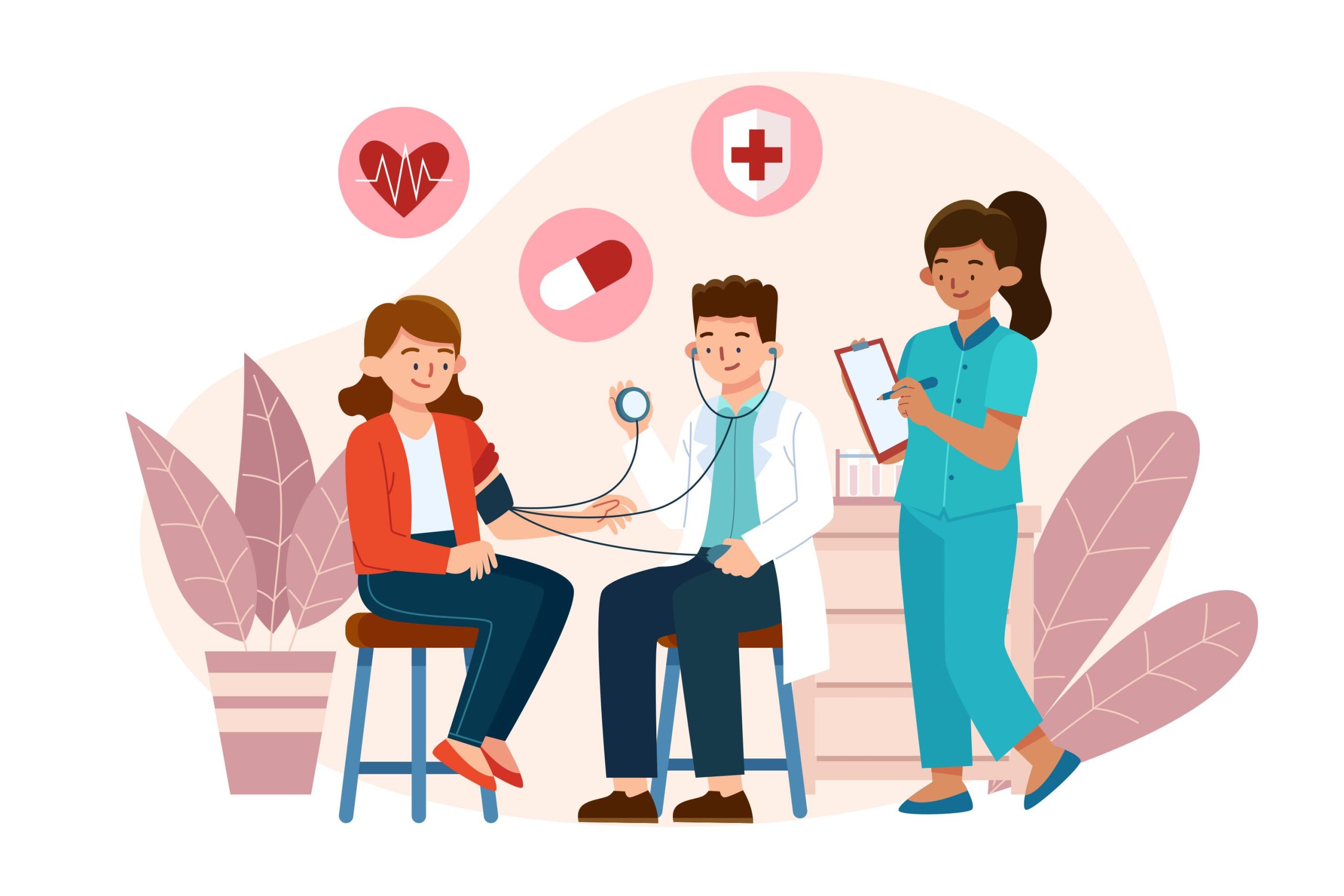The spread of COVID-19 in populations around the world has occurred at a significant pace in the past two years.
When the first cases emerged in China in late 2019 and early 2020, not many would have expected the issue to become a worldwide event that has upended and taken lives.
Even as vaccines and treatments have come out for COVID-19, hospitalisations are still at relatively high levels in many parts of the world.
Aside from encouraging people to get a health screening, there are several steps that local areas can take to keep their populations safe.
Below are a few tips that explain the secrets to reducing COVID-19 hospitalisations in 2022 and beyond.

Vaccinated Population
Vaccination is the most significant way to ensure that a population is at less risk of severe disease and going to the hospital because of COVID-19. When a higher percentage of a population is vaccinated, the chances of those people contracting a serious version of COVID-19 are drastically lowered compared to unvaccinated populations.
Nearly every analysis of hospitalisation data from around the world in the past year has shown that a more significant percentage of unvaccinated people end up in hospital care and may even die from COVID-19. The issue does become a little more complicated when we consider vaccine boosters.
Data does show that boosters are important for the elderly and immunocompromised, as they may need a top up of the vaccine protection every six to nine months. There is, however, less benefit to boosters in protecting against hospitalisation among younger and healthier people.
Regular Health Screenings
Another way to combat COVID-19 hospitalisations, or any serious diseases, is to ensure that people are getting regular health screenings. Those parts of the world that are doing better against the virus are places where healthcare is readily and freely available.
If a person can go to their general practitioner and schedule an annual checkup, they are able to get several blood tests and imaging procedures done as well. Any underlying issues in their body are caught early and can be treated effectively.
While such screenings will not show COVID-19 in a person, as they would likely know based on symptoms, they can be an important tool in battling the virus. Studies show that people who have other diseases and conditions are much more likely to suffer hospitalisation and serious illness from the virus compared to those who are healthy.
Areas where people do not have access to preventive medicine are generally doing worse against the virus.

Prophylactic Medication for COVID-19
Vaccines are not the only way that a person can protect themselves against COVID-19. Another tool that has emerged in recent months is prophylactic medication.
There are several medicines that doctors can prescribe if their patients test positive for the virus and are showing symptoms. These medicines are best taken as early as possible and can be very effective in limiting or completely negating symptoms.
Access to these medications is a problem in some parts of the world, which is why governments must do everything they can to get their hands on stock. Having ample prophylactic medications at local hospitals and clinics is vital to ensure that people are not hospitalised with COVID-19.
A Healthy Population
Ultimately, COVID-19 is very similar to other diseases that can impact the human body. Our immune system is what fights off viruses, and if we have a weakened immune system, COVID-19 can become more of a problem.
COVID-19 is less of an issue in areas where people are healthier, as their populations are in good shape. When discussing good health, we refer to people who are at an ideal weight, eat a balanced and healthy diet, do not drink excessively or smoke, and have no serious underlying conditions.
Even among those aged 65 and above, healthy people with no serious conditions are much less likely to experience a severe bout of COVID-19.

How to Keep Yourself Safe
There is an understandable anxiety among most people regarding COVID-19, even two years later. Some may have already caught the virus, but others managed to avoid getting infected.
If you are going back to a normal life this year, you may be wondering what you can do to stay safe. Aside from regular testing, you must focus on maintaining a healthy lifestyle.
Eating fruits and vegetables, maintaining a healthy weight, quitting bad habits such as smoking, and getting a regular health checkup are the best ways to ensure you are not hospitalised with COVID-19 in the coming months or years.






